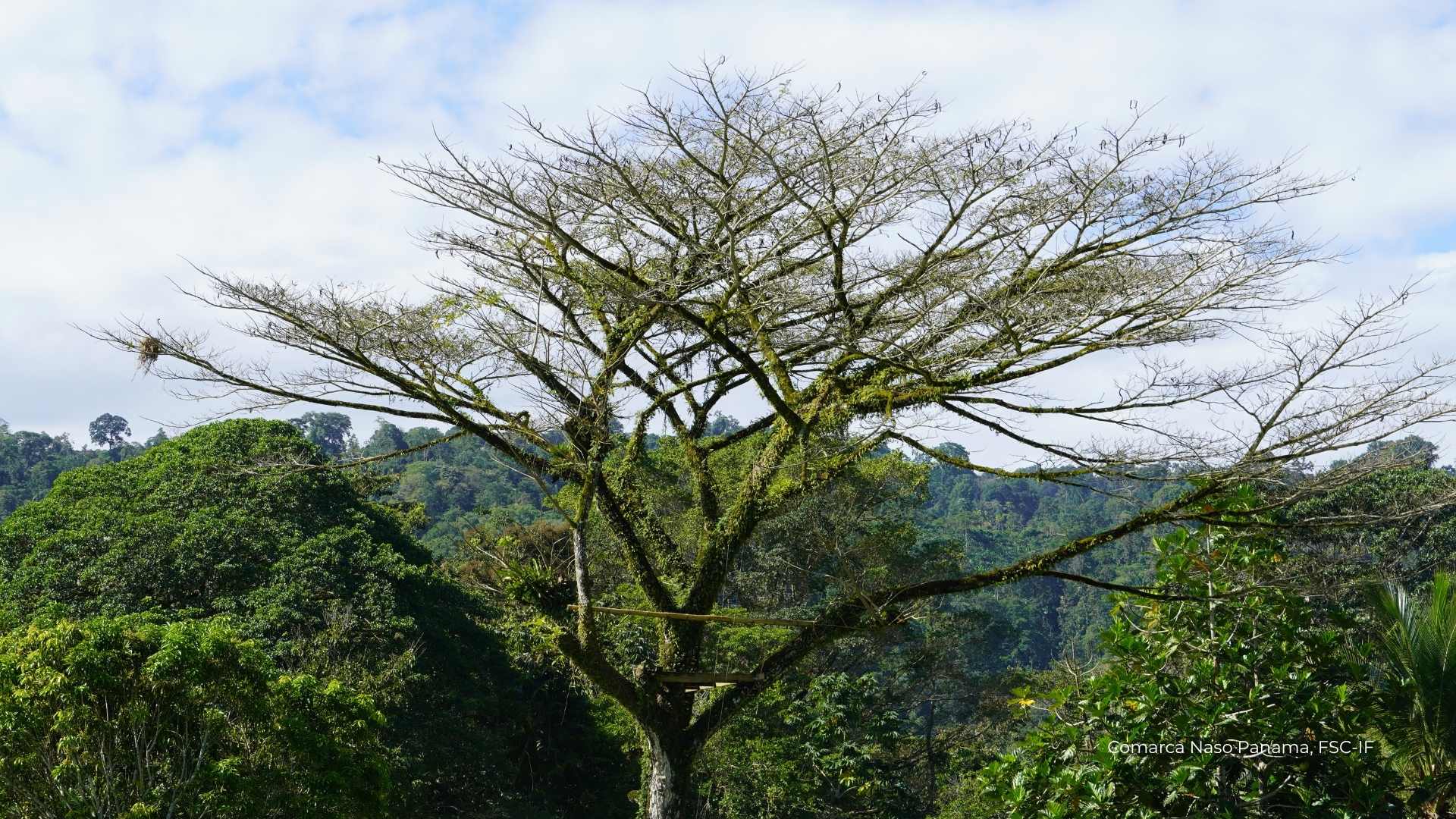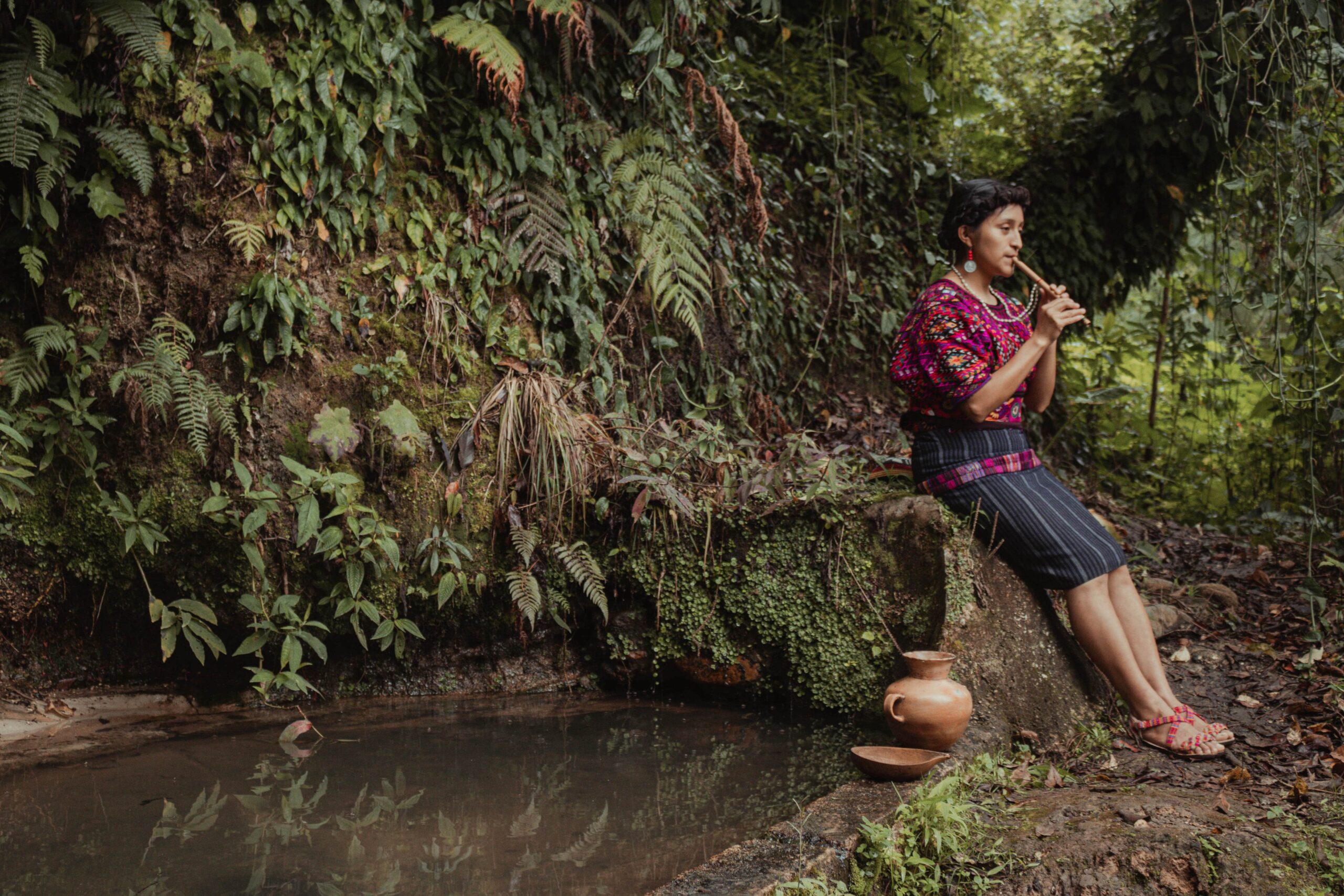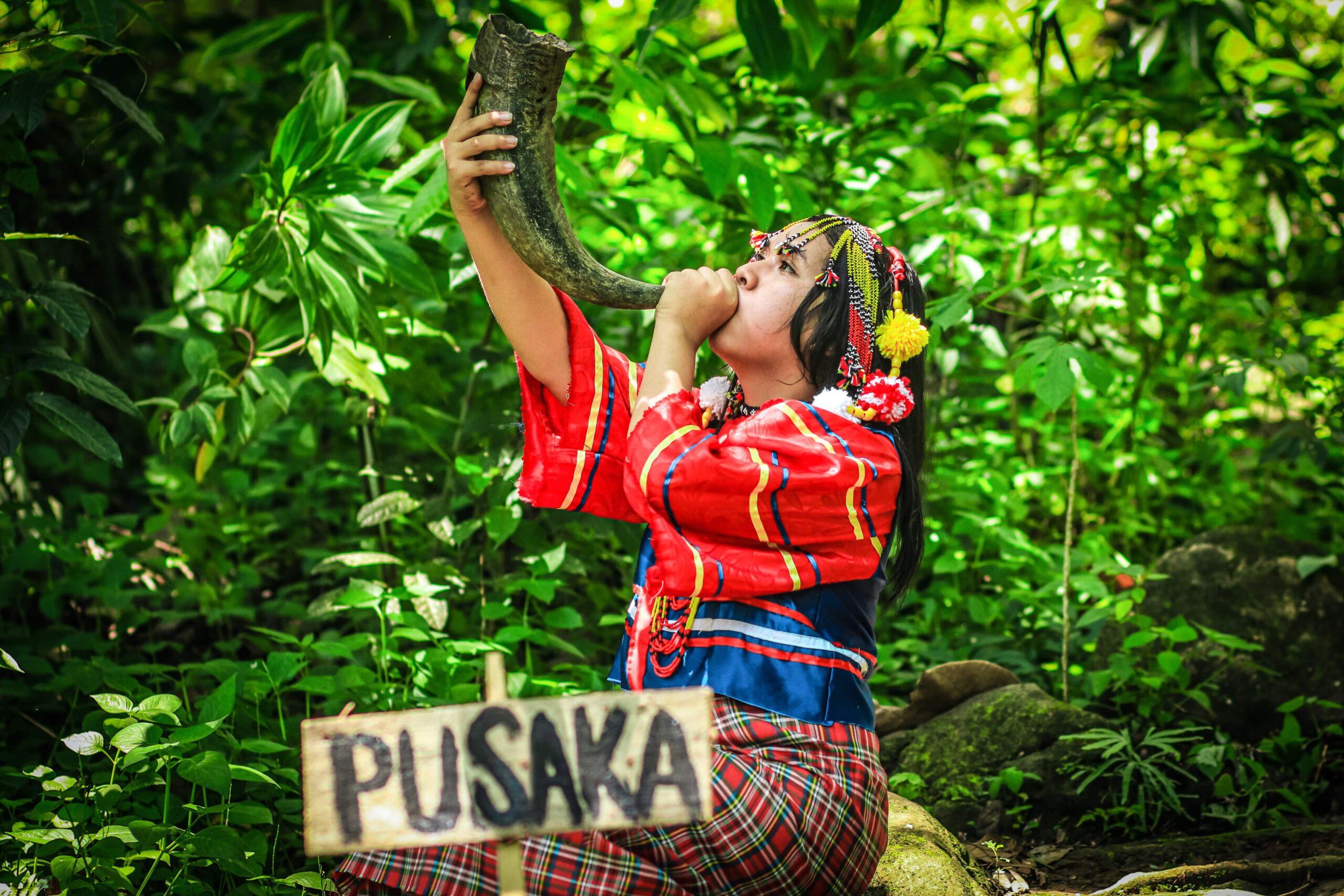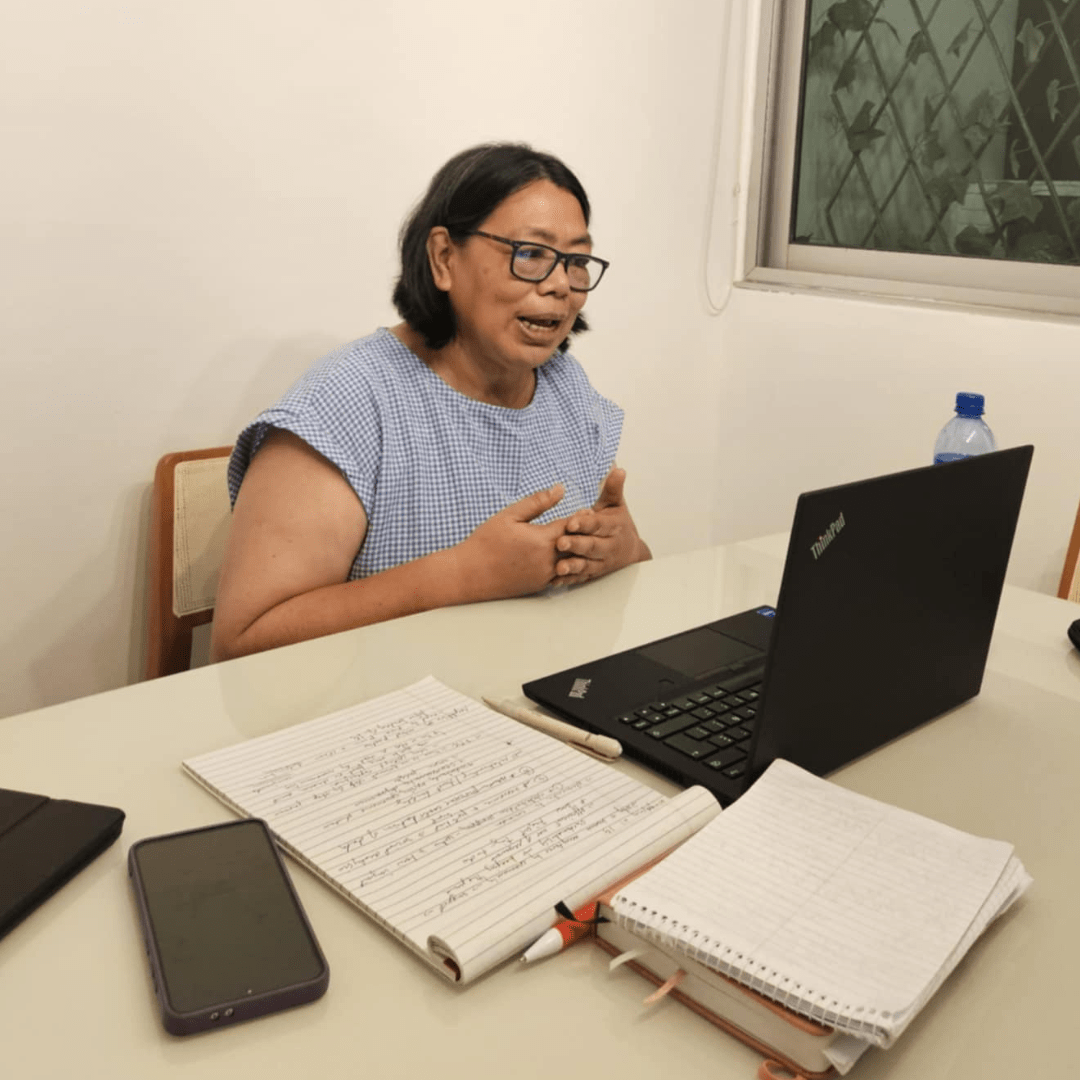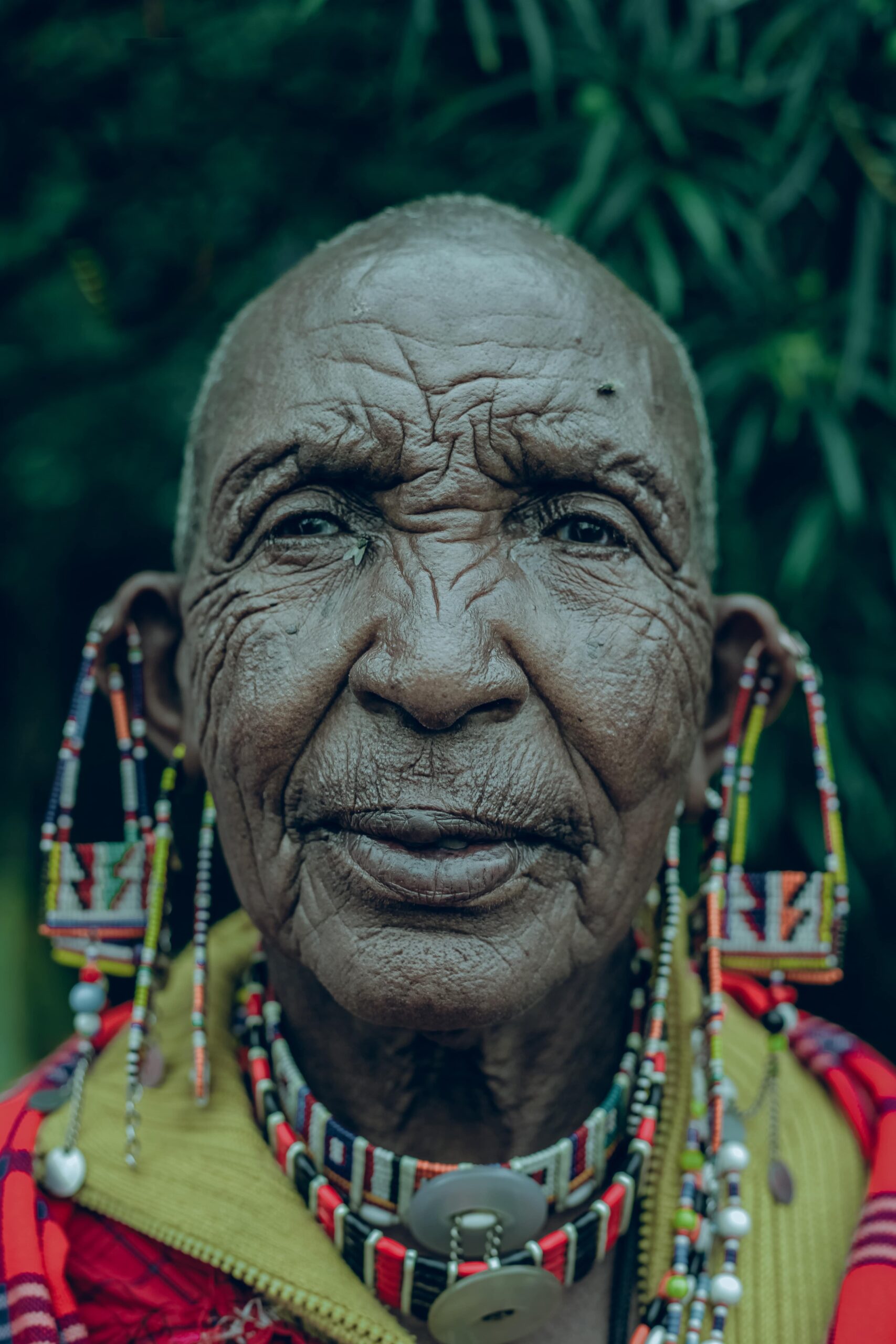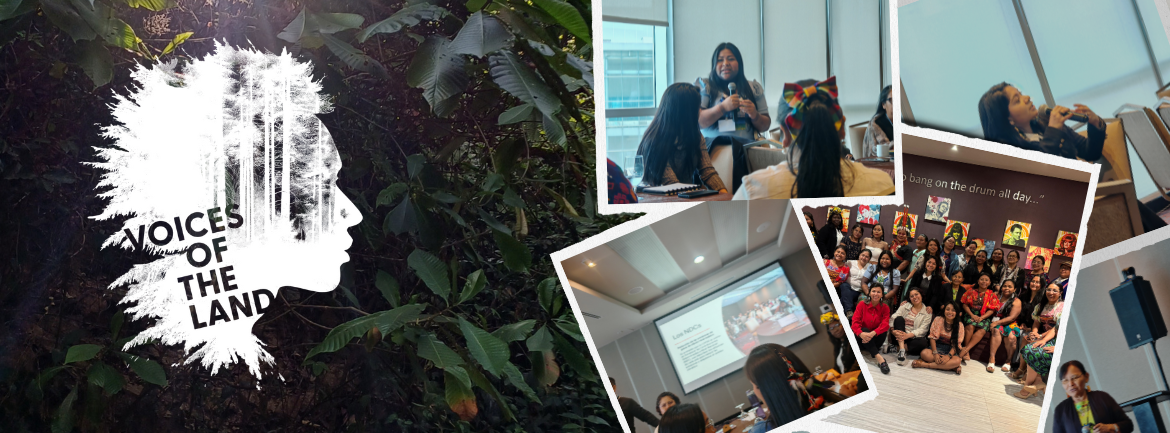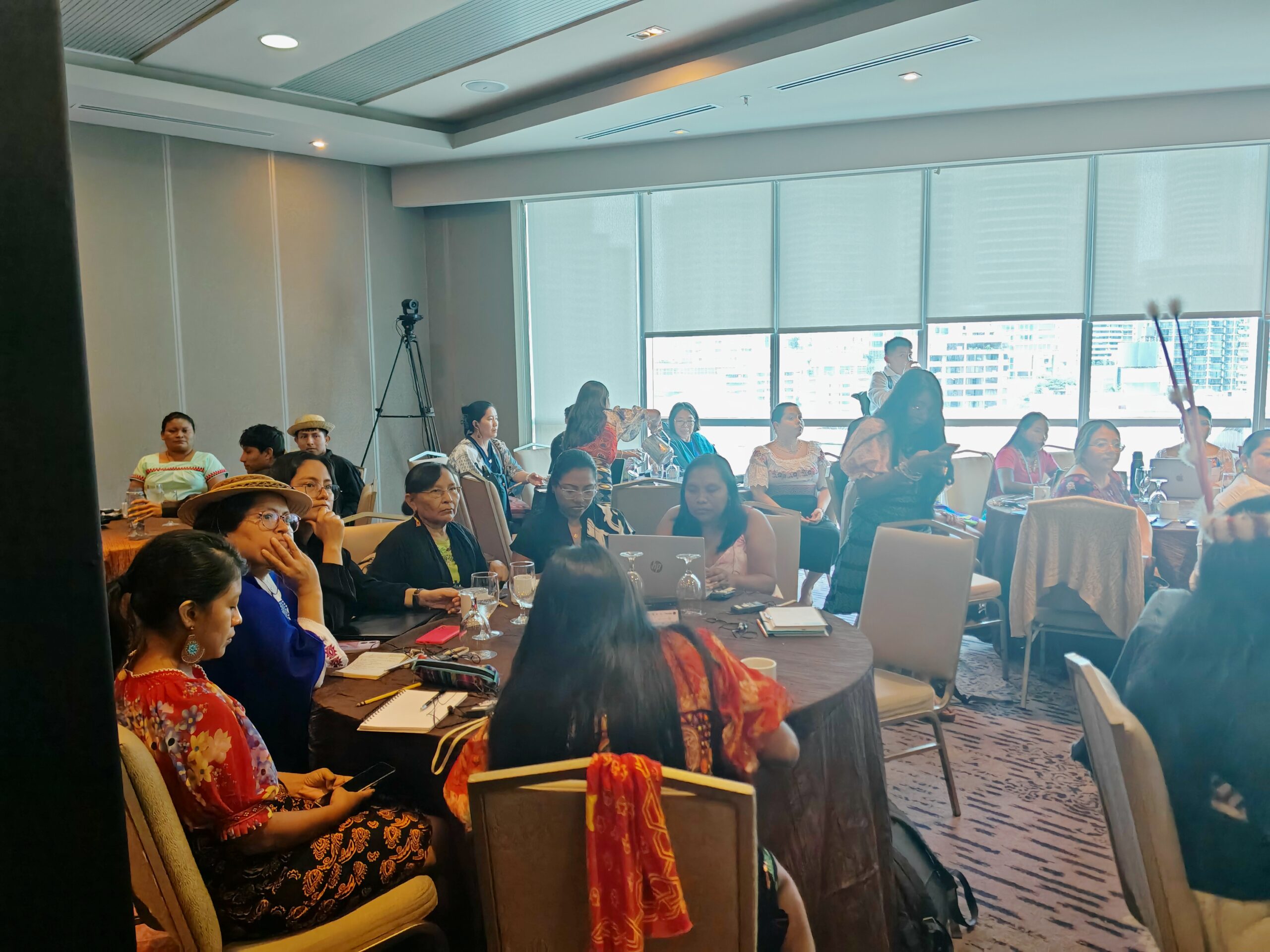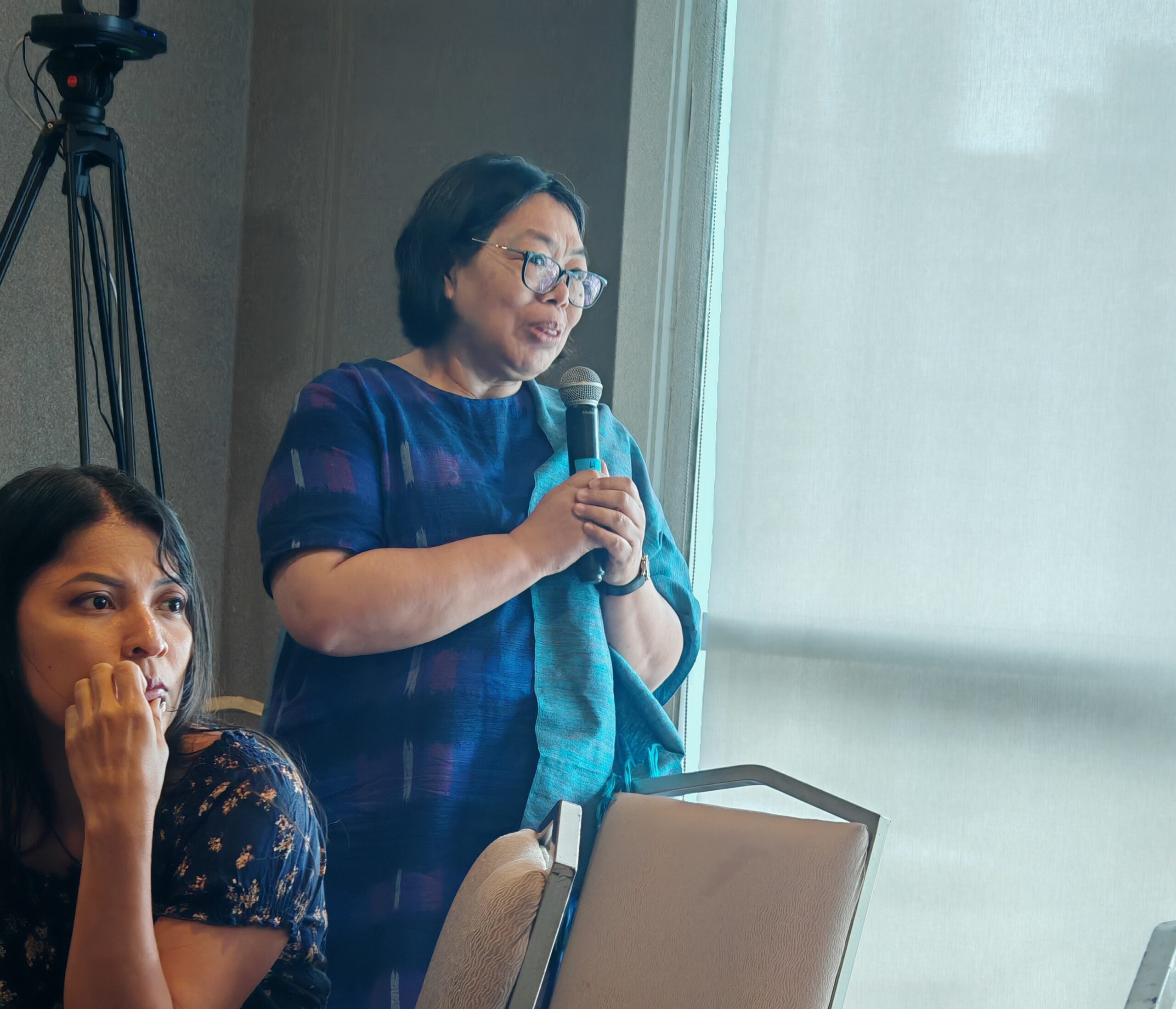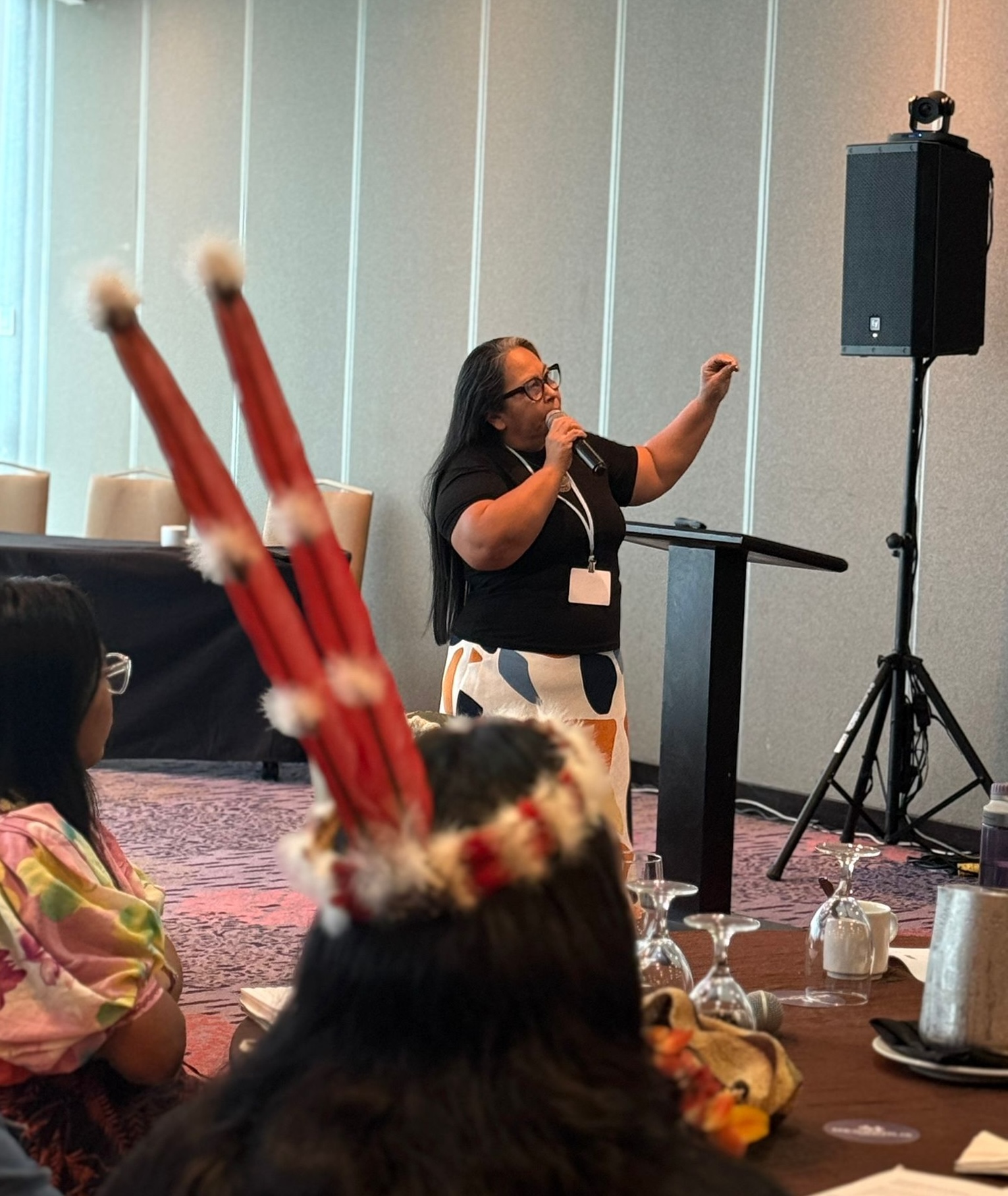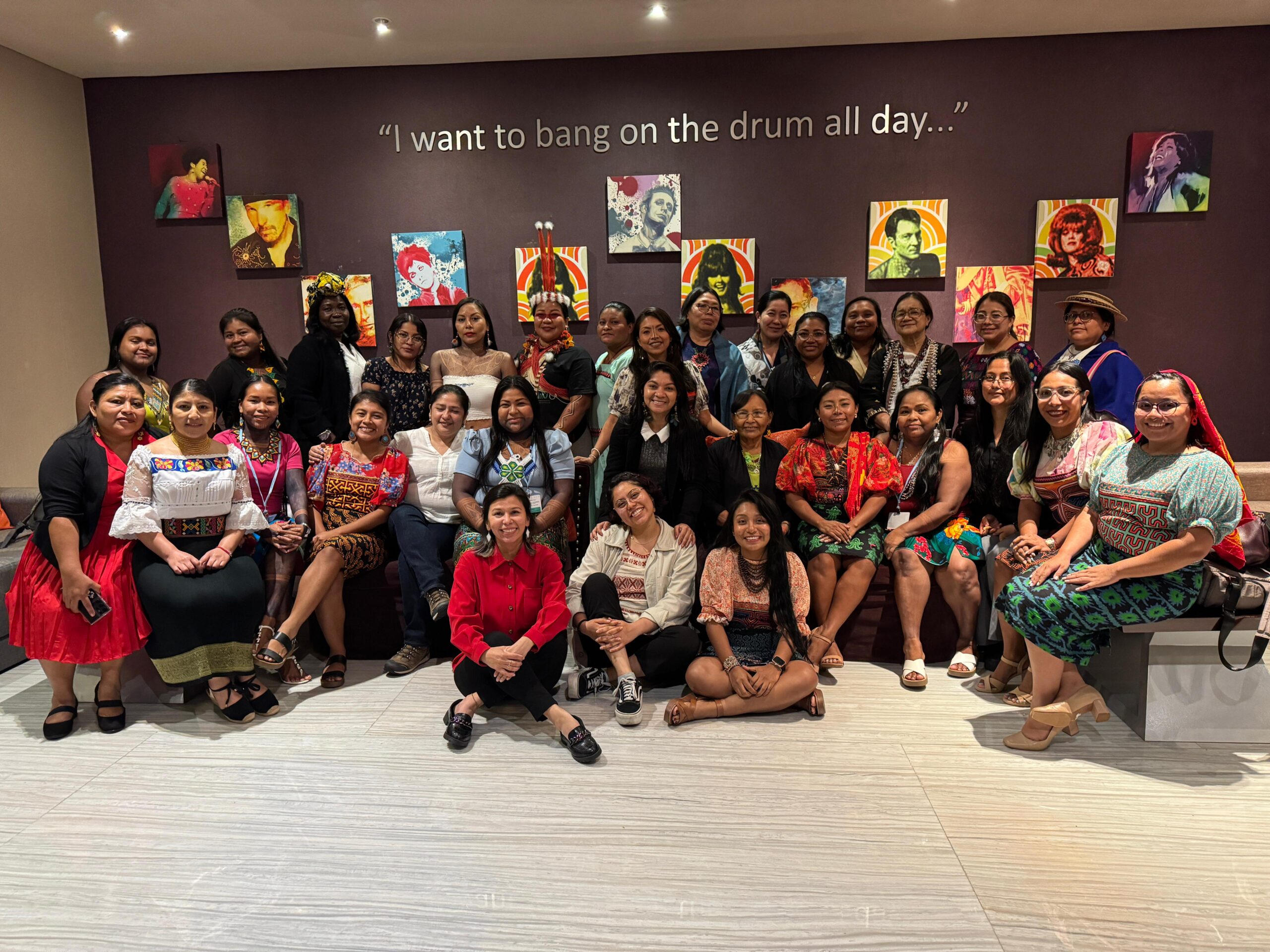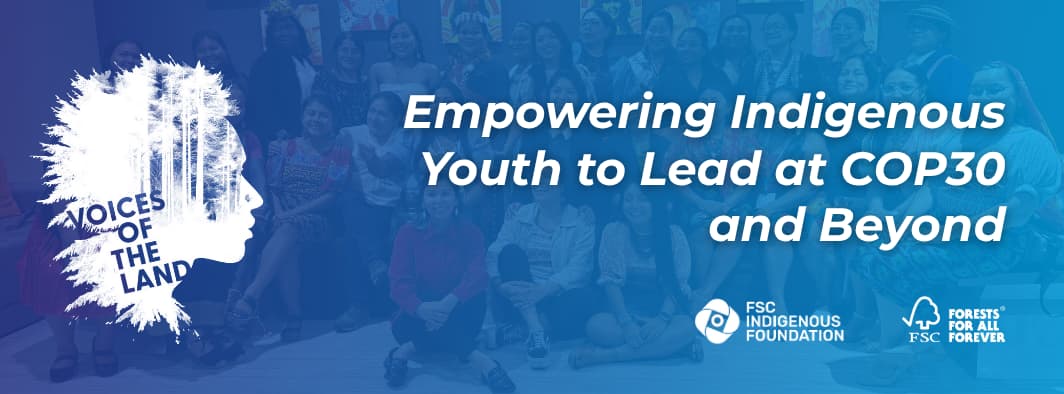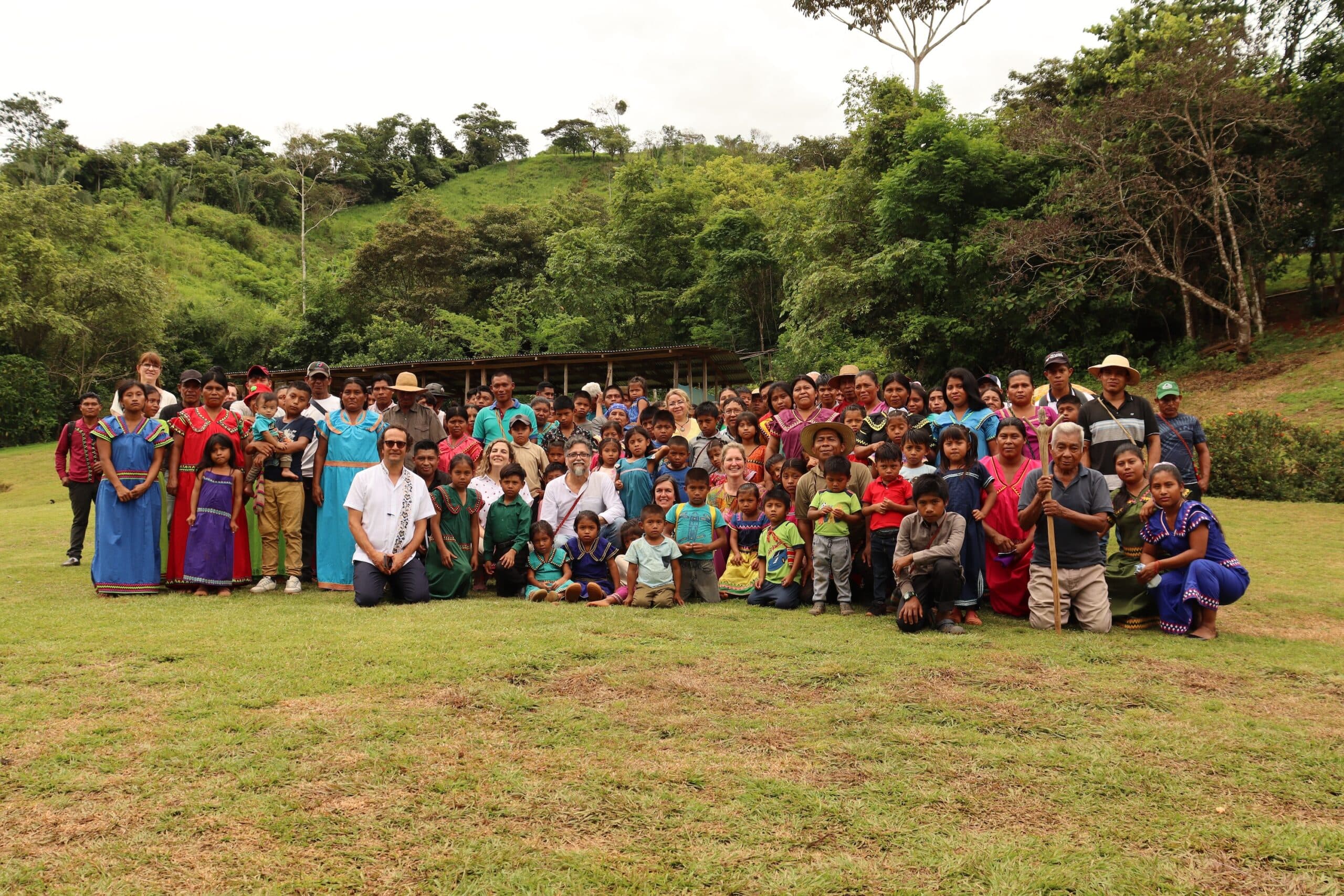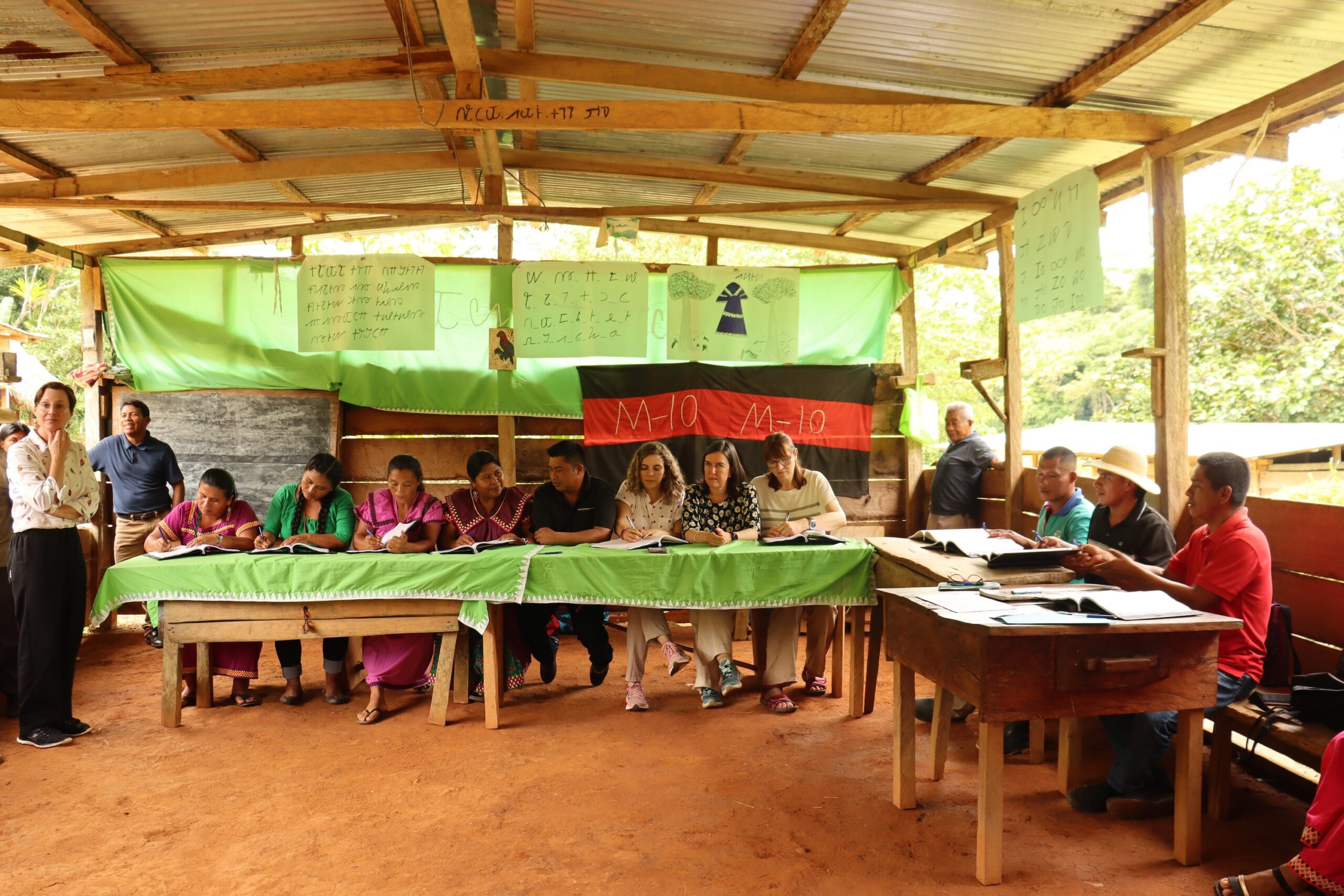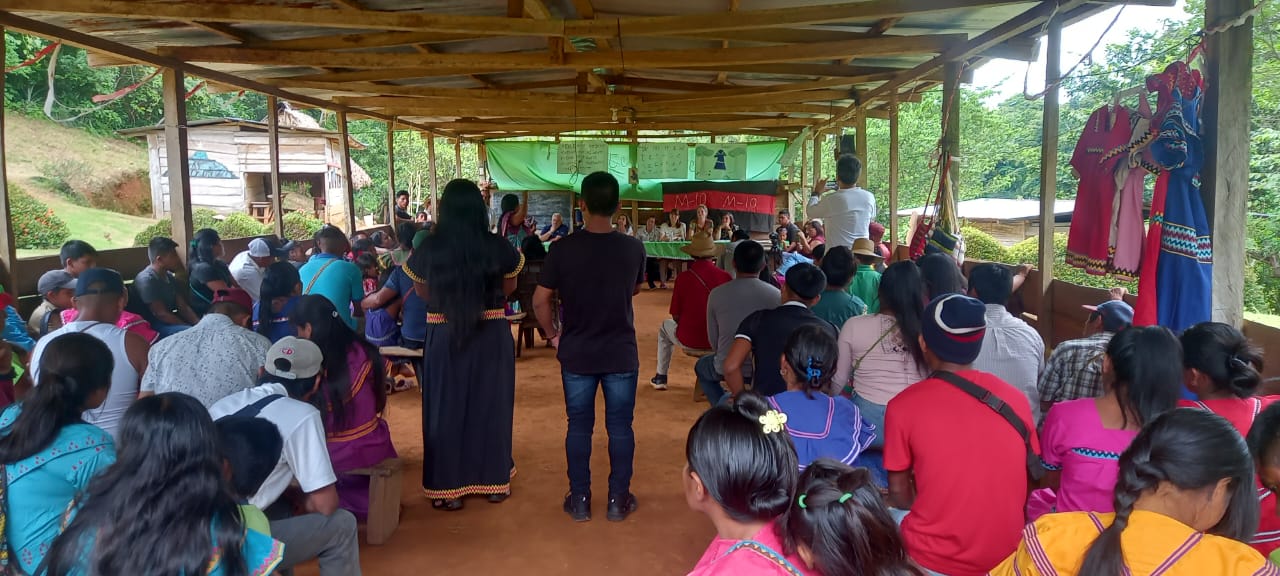Brewing a Future: Daniel Maches and Jaymar Garcia’s Journey to economic sustainability rooted in Indigenous knowledge
How Two Indigenous Youth Are Cultivating Culture and Sustainability
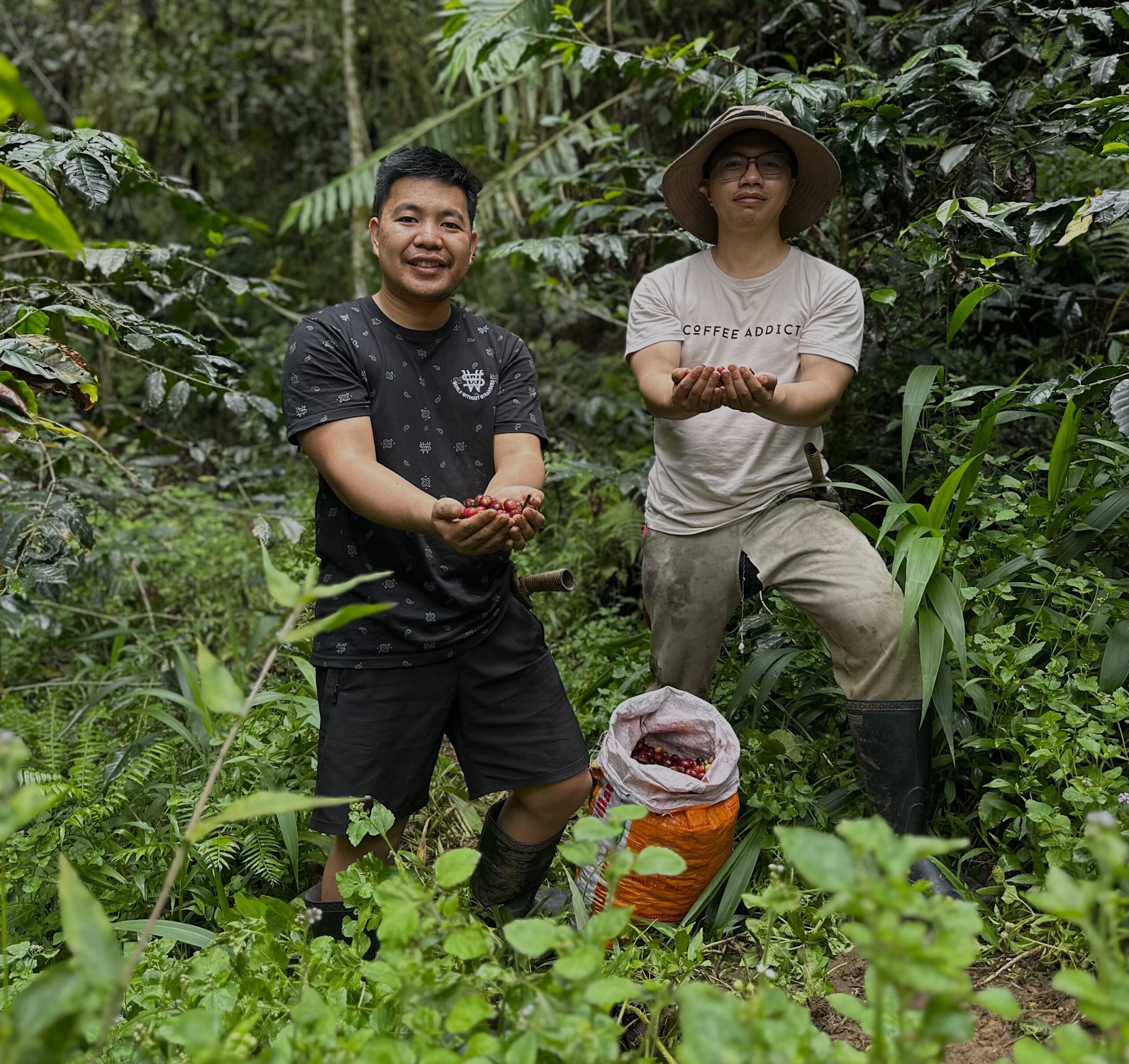
Forests regulate our climate, clean the air we breathe, and sustain the biodiversity that makes life possible. Yet every year, more than 12 million hectares of forests are lost to destructive practices.
The FSC Indigenous Foundation (FSC-IF), together with the Forest Stewardship Council (FSC), works alongside Indigenous Peoples to protect forests and strengthen Indigenous-led nature solutions. At the heart of this vision are Indigenous youth like Daniel and Jaymar, who are carrying ancestral wisdom into the future.
How Two Indigenous Youth Are Cultivating Culture and Sustainability
On the forested slopes of Benguet in the Philippines, two young Indigenous entrepreneurs are proving that business can be both an act of cultural preservation and environmental stewardship. Daniel Jason Maches, of the ILias tribe, and Jaymar Garcia, from the Ibaloi, Kankanaey, and Kalanguya tribes, co-founded Banolmi Store PH to showcase forest-grown coffee and traditional cuisine rooted in ancestral knowledge.
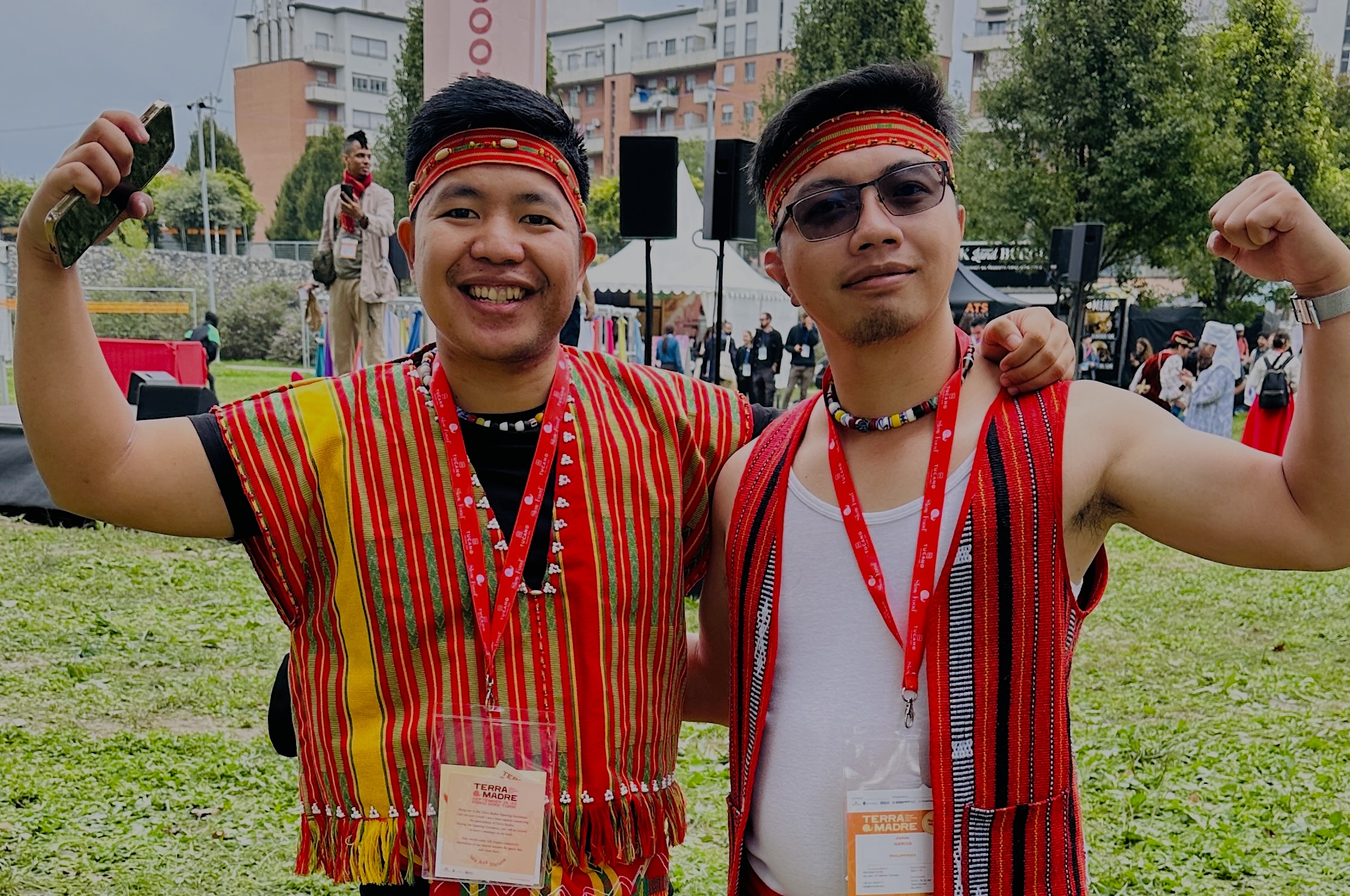
For Daniel and Jaymar, entrepreneurship is not just about profit; it is about worth. In their language, Banolmi means “our worth,” symbolizing the heritage of mountains, rivers, rice terraces, and forests passed down by their ancestors “Our forests are life,” Daniel explains. “They give us water, food, and identity. Protecting them is not only survival: it’s honoring our ancestors.”
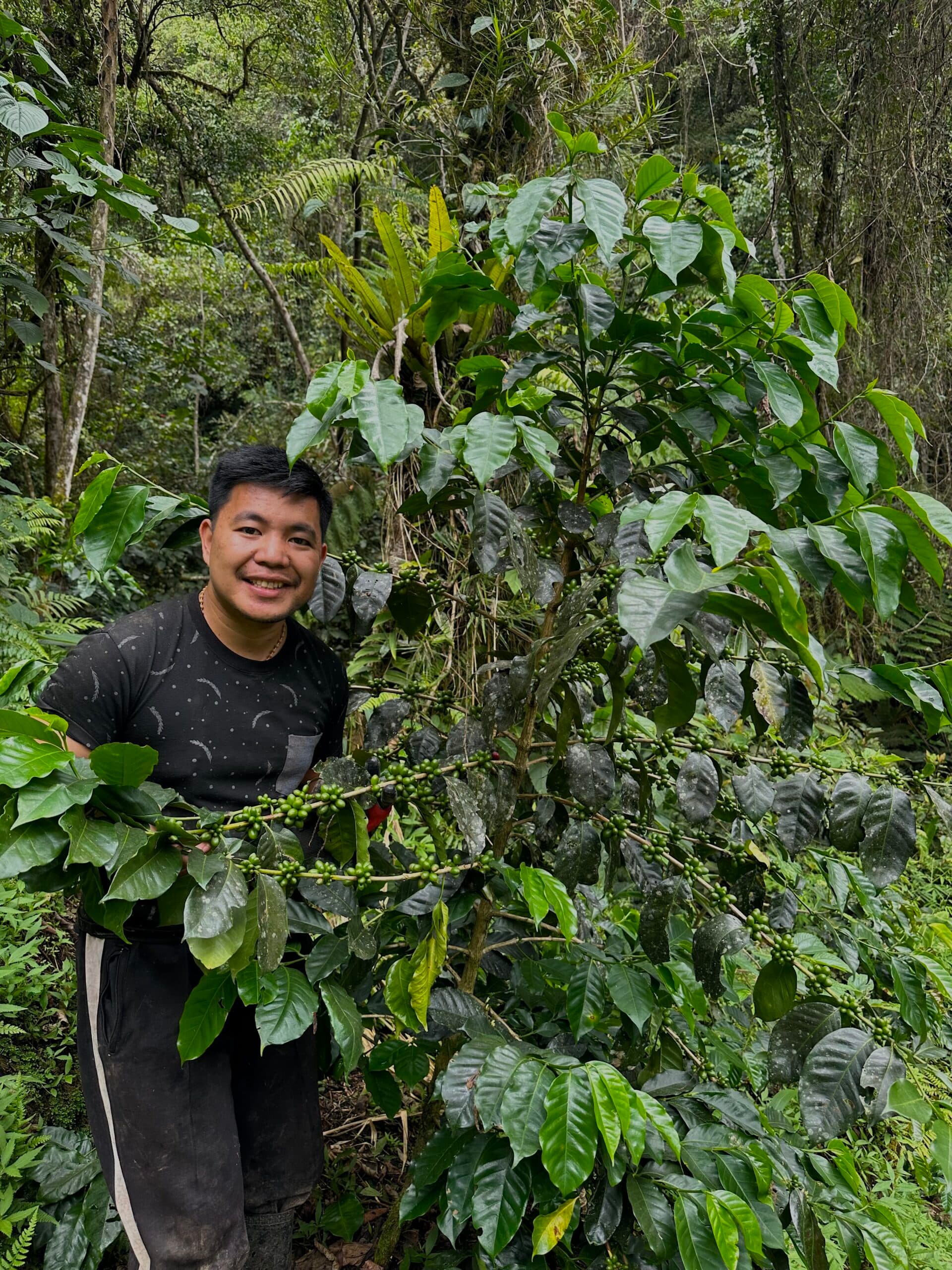
Their work challenges the dominance of extractive industries by offering sustainable livelihoods that restore biodiversity instead of depleting it. Through agro-ecological farming, they are reviving heirloom rice and native seeds, creating a seed bank for the future, and transforming coffee farming into a tool for conservation. Jaymar reflects, “Food is culture. When we save our Indigenous cuisine, we also save the native species that sustain our people.”
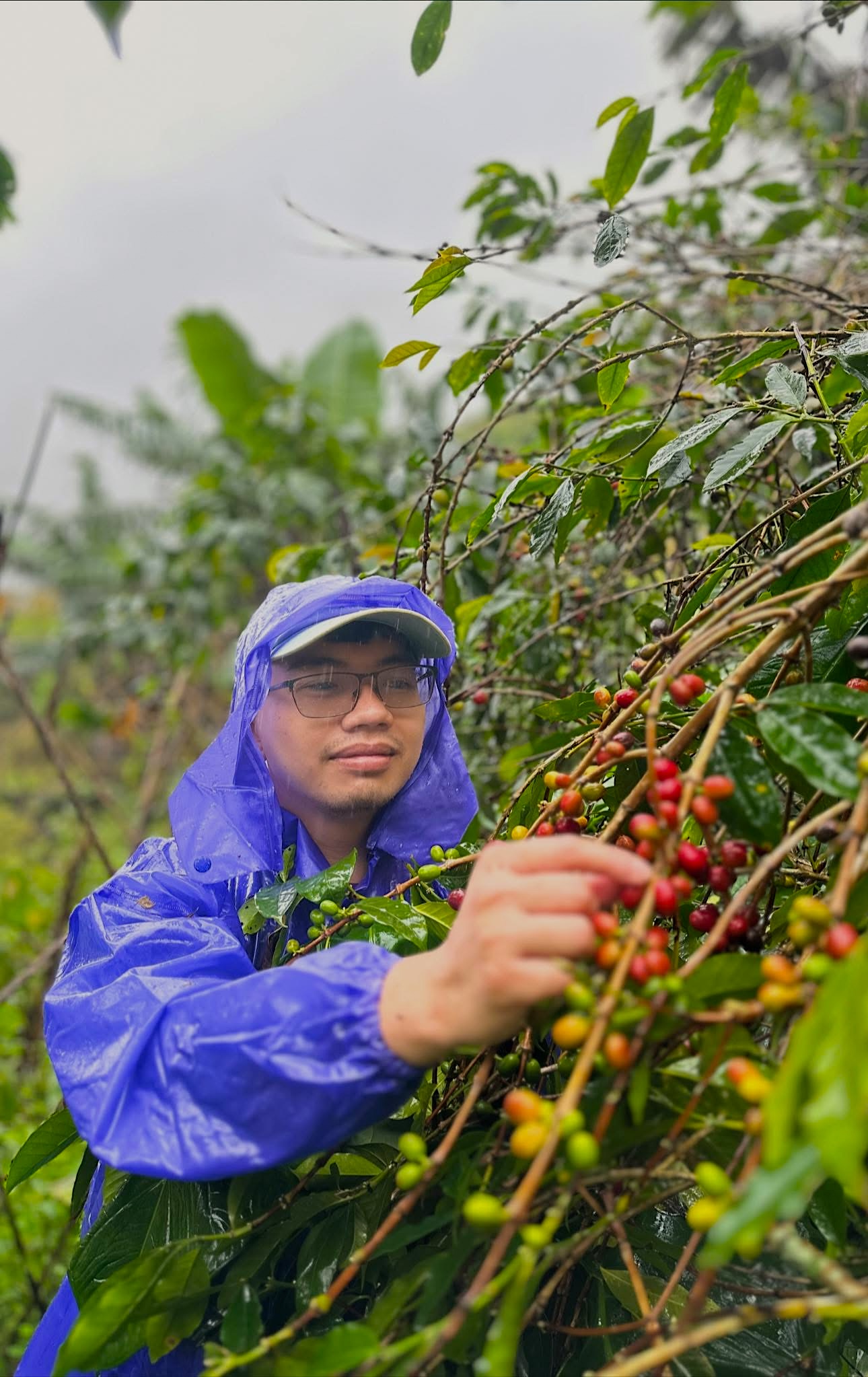
Beyond farming, Banolmi Store PH has become a seed bank of cultural memory, preserving flavors and practices that risk being lost. The impact extends to their community: families now look to coffee and native foods as sustainable sources of income, while traditional cuisine is gaining new recognition as both cultural identity and a tool for biodiversity conservation.
The journey has not been without risks. From navigating family obligations to facing red-tagging during their advocacy, Daniel and Jaymar have demonstrated leadership with courage, finding non-confrontational ways to defend their forests while building community trust.
Looking ahead, Daniel and Jaymar’s dream
These Indigenous entrepreneurs dream of expanding Banolmi into a model that can be replicated in other communities, showing that Indigenous-led enterprises are both viable and transformative. They envision not only coffee farms, but entire agroforestry systems that provide food, restore forests, and sustain cultural traditions.
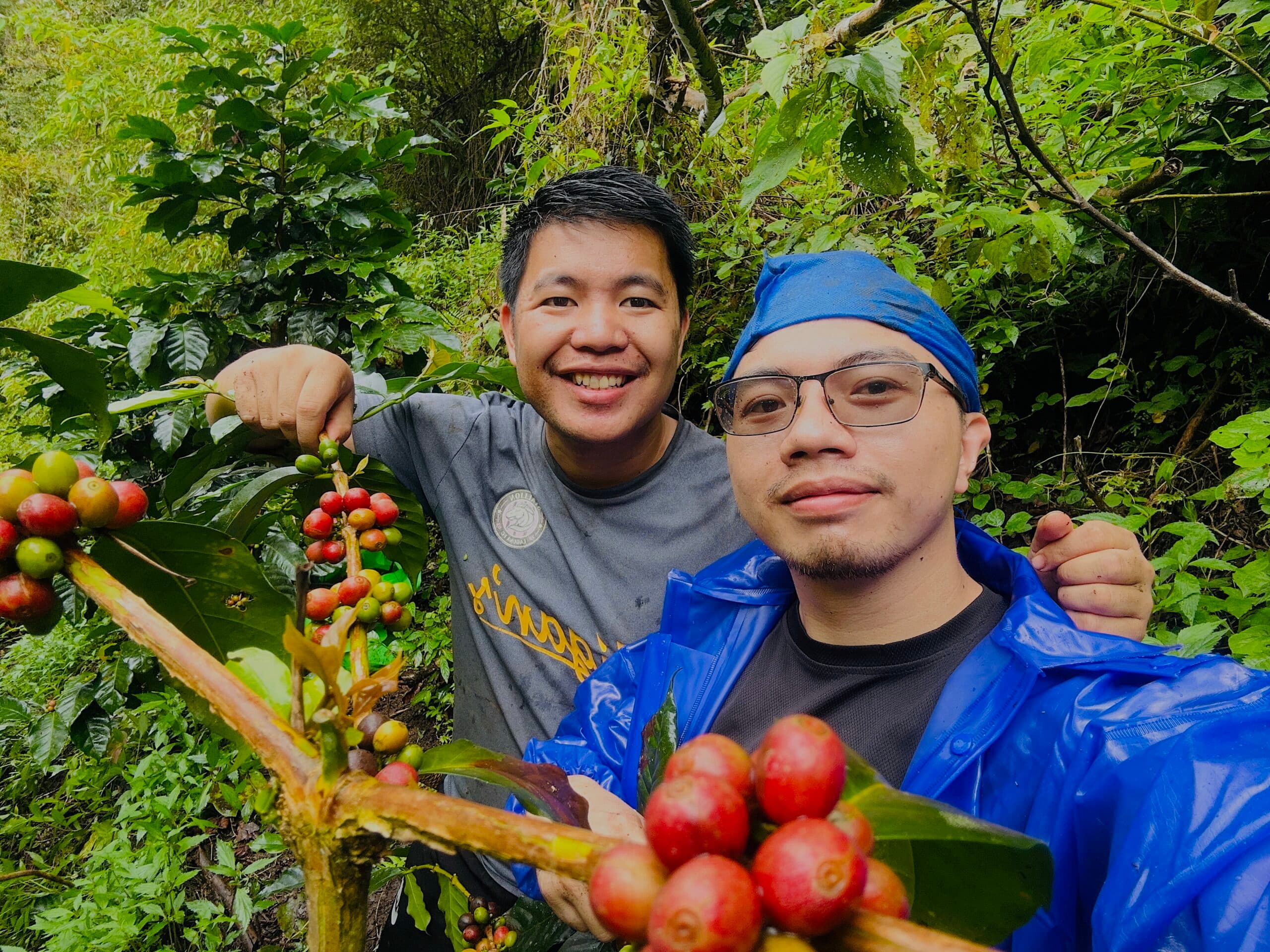
To achieve this, they hope to build partnerships with organizations, businesses, and individuals who share their vision and collaborators who can help open markets, provide resources, and amplify their message. “Our goal is to show that Indigenous foods and products are not just heritage, they are the future,” Jaymar says.
On this World Entrepreneurs Day, Daniel and Jaymar’s story reminds us that Indigenous knowledge is innovation. Their venture is not only brewing coffee: it is cultivating a future where culture, community, and conservation thrive together.

